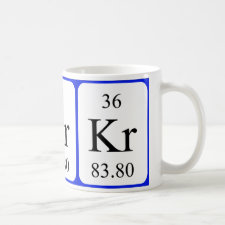
Authors: Li H, Li D
Article Title: Preparation of a pipette tip-based molecularly imprinted solid-phase microextraction monolith by epitope approach and its application for determination of enkephalins in human cerebrospinal fluid.
Publication date: 2015
Journal: Journal of Pharmaceutical and Biomedical Analysis
Volume: 115
Page numbers: 330-338.
DOI: 10.1016/j.jpba.2015.07.033
Alternative URL: http://www.sciencedirect.com/science/article/pii/S073170851530087X
Abstract: In this study, a novel molecularly imprinted polymer (MIP) monolith for highly selective extraction of enkephalins was synthesized and prepared in a micropipette tip using epitope imprinting technique. The synthesized MIPs were characterized by scanning electron microscope (SEM) and infrared spectroscopy. A molecularly imprinted solid-phase microextraction (MISPME) method was developed for extraction of enkephalins in aqueous solutions. The parameters affecting MISPME were optimized. The results indicated that this MIP monolith exhibited specific recognition capability, high enrichment efficiency and excellent reusability for enkephalins. MALDI-TOF MS analysis demonstrated that this MIP monolith can act as a useful tool for highly selective purification and enrichment of enkephalin, a kind of low abundance protein, from high-abundance proteins in human cerebrospinal fluids (CSF). Employed this MIP monolith as solid-phase microextraction column, quantitative assay of enkephalins in human CSF was developed by HPLC-ultraviolet (UV) detection in this work. The detection limits were 0.05-0.08 nM. This MISPME/HPLC-UV method was used to quantify Met-enkephalin and Leu-enkephalin levels in the CSF of patients with cancer pain
Template and target information: epitope, peptide epitope, enkephalins, Met-enkephalin, Leu-enkephalin
Author keywords: enkephalin, Neuropeptides, Molecularly imprinted polymer monolith, solid-phase microextraction, epitope approach



Join the Society for Molecular Imprinting

New items RSS feed
Sign-up for e-mail updates:
Choose between receiving an occasional newsletter or more frequent e-mail alerts.
Click here to go to the sign-up page.
Is your name elemental or peptidic? Enter your name and find out by clicking either of the buttons below!
Other products you may like:
 MIPdatabase
MIPdatabase









